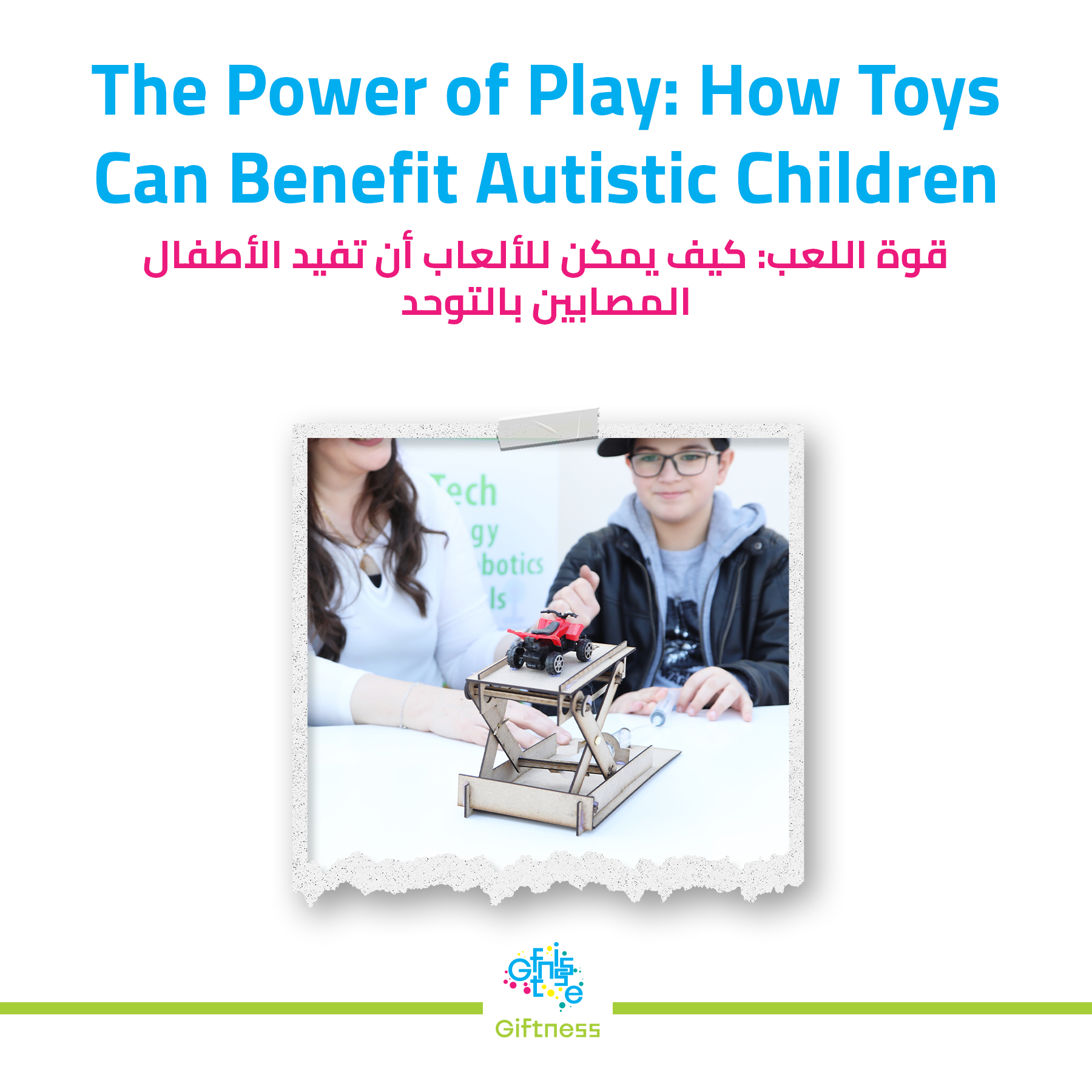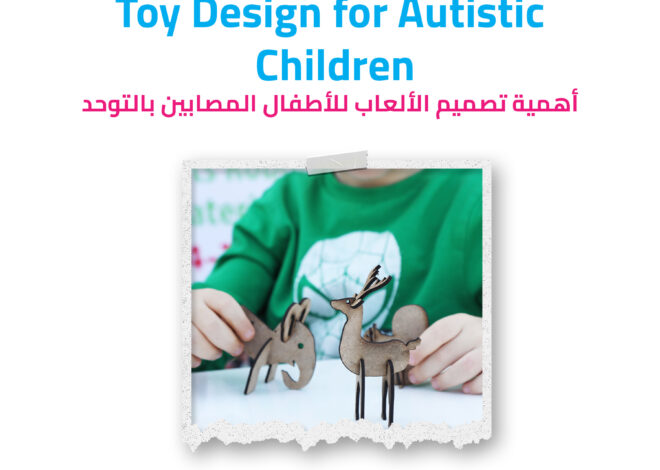
“The Power of Play: How Toys Can Benefit Autistic Children”

Play is a fundamental aspect of childhood development, and it holds particular significance for children on the autism spectrum. In this article, we will explore the power of play and how specially designed toys can support and promote the well-being of autistic children.
Understanding the Sensory Needs:
Autistic children often have unique sensory needs and preferences. Toys that cater to these needs can provide a calming and engaging experience. We’ll discuss various types of sensory toys, such as fidget spinners, weighted blankets, and sensory balls, and how they can help children regulate their sensory input.
Enhancing Communication and Social Skills:
Toys can play a vital role in fostering communication and social skills in autistic children. We’ll explore toys that encourage imaginative play, turn-taking, and sharing, promoting interaction with peers and family members. Examples might include pretend play sets, board games with clear rules, and cooperative building sets.
Developing Fine Motor Skills:
Many autistic children face challenges with fine motor skills. Toys that focus on developing these skills can provide a fun and enjoyable way to improve dexterity and coordination. We’ll discuss toys like building blocks, puzzles, and arts and crafts materials that can assist in refining fine motor abilities.
Promoting Emotional Regulation:
Autistic children often struggle with emotional regulation. Toys that aid in emotional expression and self-regulation can be valuable tools. We’ll explore toys such as emotion cards, stuffed animals, and playsets that can help children understand and express their feelings in a safe and comforting environment.
Considering Individual Interests and Preferences:
Every autistic child is unique, with their own interests and preferences. We’ll emphasize the importance of personalizing toy selection to match the child’s specific needs and encourage parents and caregivers to involve the child in the decision-making process. We’ll provide tips on how to identify toys that align with their interests, promoting engagement and enjoyment.
Toys have the potential to be powerful tools for autistic children, promoting sensory regulation, communication, social skills, fine motor development, and emotional regulation. By understanding their unique needs and preferences, we can select toys that enhance their overall well-being and foster their growth and development.
admin
Related Posts

